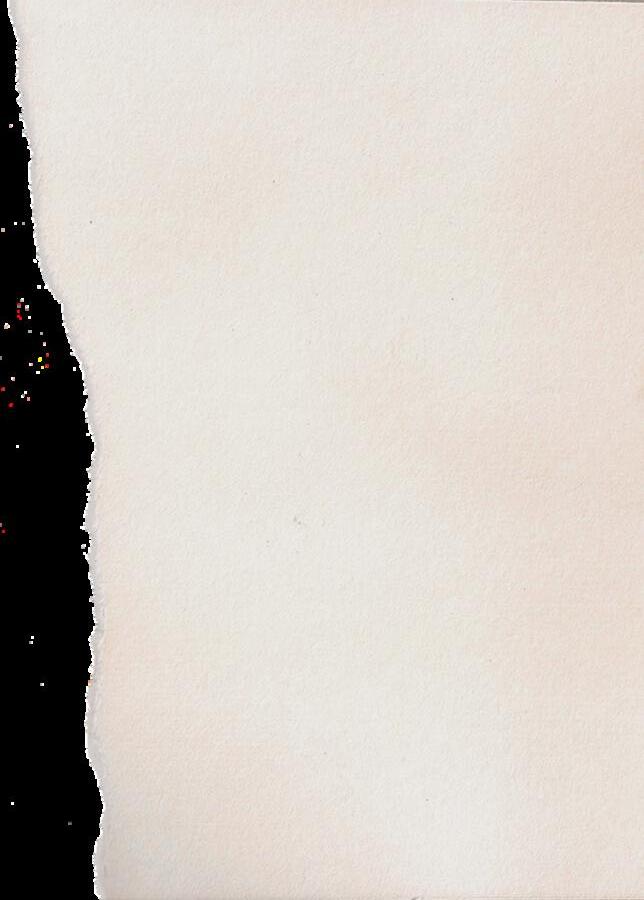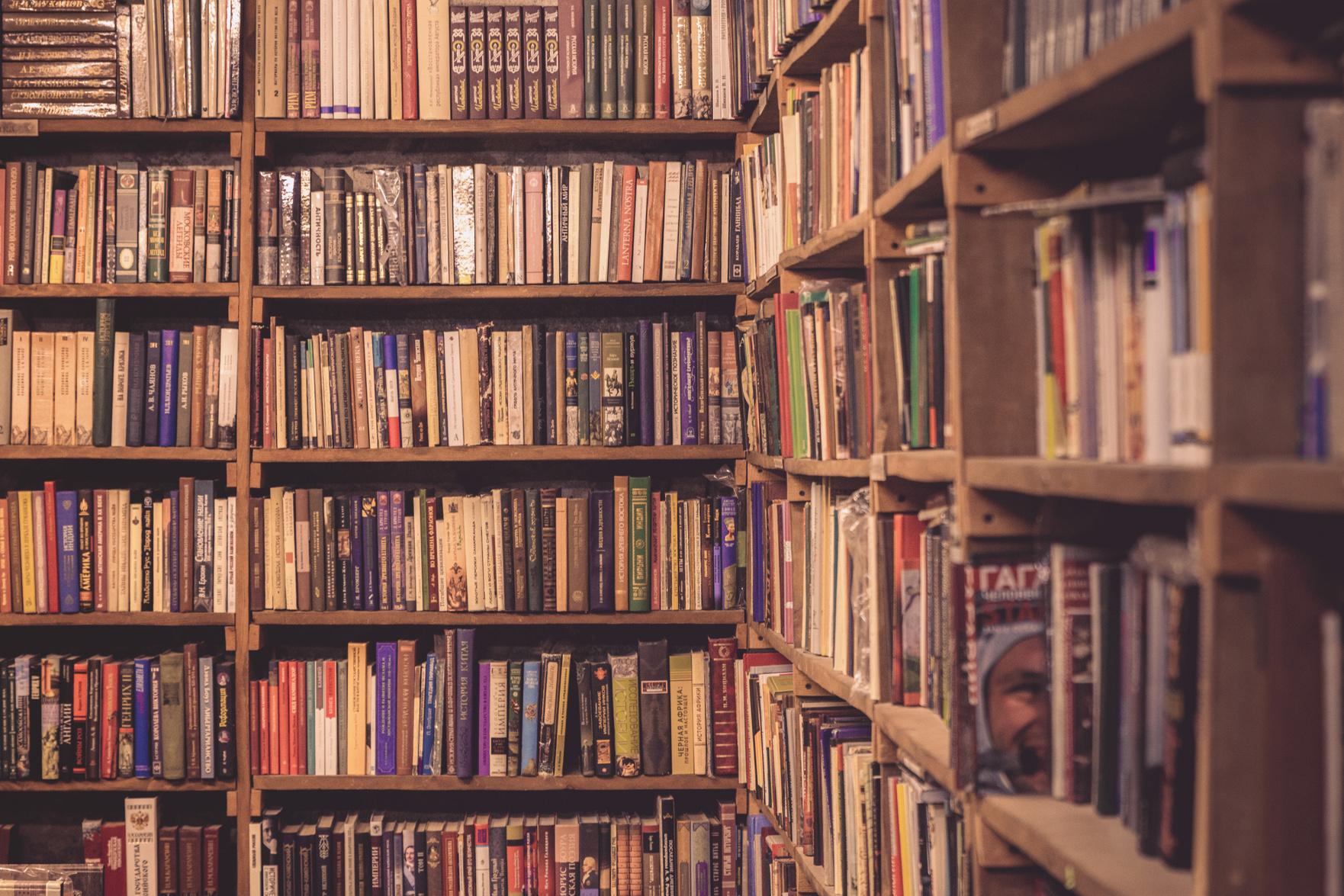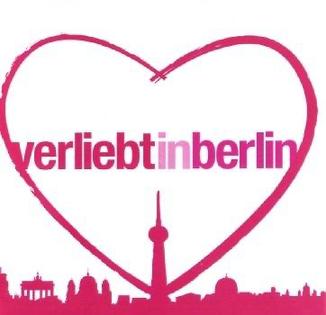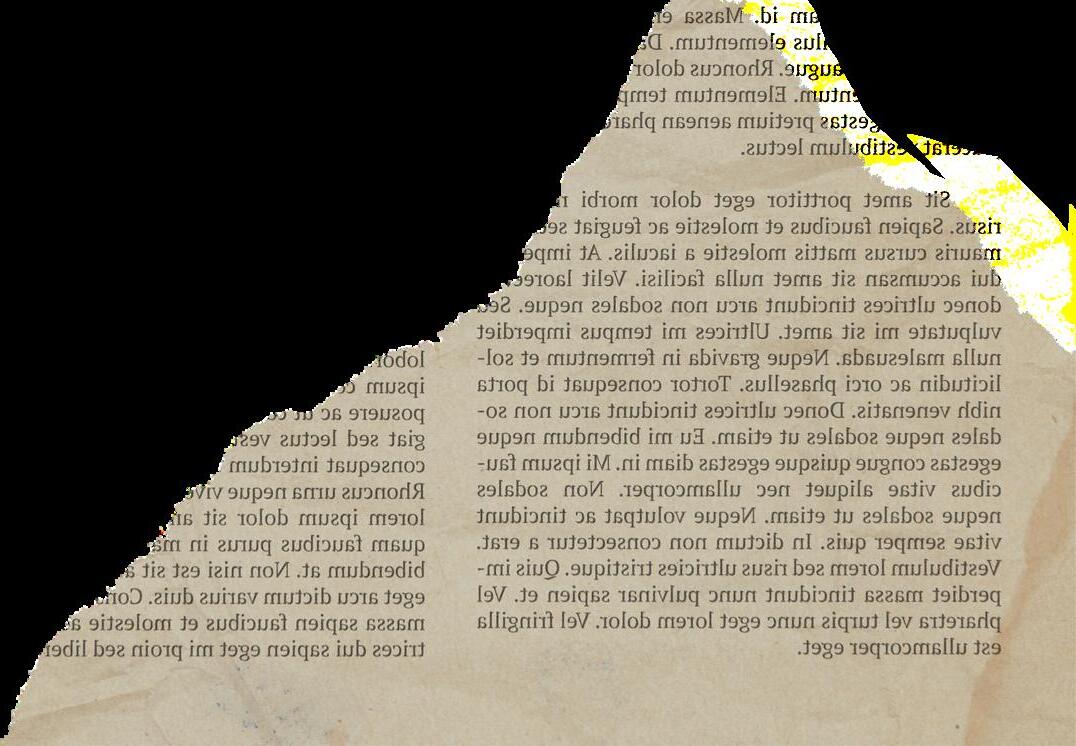








In German, prerequisites:
GERM UN2102 (Intermediate German II) or the equivalent.
 Professor Mark Anderson
Professor Mark Anderson
Examines short literary texts and various methodological approaches to interpreting such texts in order to establish a basic familiarity with the study of German literature and culture.

UN3333
T/R10:10AM-11:25AM-3credits #11044


T/R2:40PM3:55PM-3 credits

This course examines modernist literature, art, and music in the early twentieth century. In close readings, students will focus on the essential works from this period and learn to situate them in their historical contexts and the urban settings in which they were conceived: Munich, Prague, Vienna, and Berlin. The analysis of modernist works will be framed with introductions to questions of language, gender and sexuality, anti-Semitism, and the emergence of fascism.
Authors include Arthur Schnitzler, Frank Wedekind, Robert Musil, Franz Kafka, Thomas Mann, Irmgard Keun, Bertolt Brecht, Alfred Döblin, and Walter Benjamin; musical works by Berg, Schoenberg, and Weill.
 The course is taught in German.
The course is taught in German.

This course will examine how postwar European authors grapple with the inadequacies of language in the wake of unspeakable violence. We will explore how postwar experimentation intensifies modernist innovations that were already underway, and the ways in which these texts perhaps reflect an unprecedented historical breach. The postwar period sees a number of philosophers who champion the ambiguity of literature as socially or morally salutary, and write in an increasingly expressive prose. Yet many literary works thematize their own limits and begin to adopt philosophical and political terminology. Why and how do the boundaries that typically distinguish literary genre, and literature and thought, break down at this particular point in the 20th century? How does art--and the reformulation of language and genre--play a role in healing, mourning, or changing society in the aftermath of mass death? An analogous question will be: how do these texts, written amid European crises of roughly a century ago, speak to us in our contemporary moment of crisis and upheaval? Readings will include works by Koeppen, Brecht, Beckett, Heidegger, Adorno, Ausländer, Celan, Bachmann, and Domin.
UN3212

W 2:10 PM - 4:00 PM
-
3 credits

#11307
The class, which is open to advanced undergraduate and graduate students, will explore silent and early sound films from the period of the Weimar Republic. Close analysis of films such as The Cabinet of Dr. Caligari, Nosferatu, Metropolis, M, Dr. Mabuse, The Blue Angel and others will be combined with a historicist exploration of the cinematic medium in the 1910s and 1920s. Specific topics of discussion include anxieties about the hypnotic power of the moving image, shell shock, spirit photography, the "New Woman," the mass ornament. All readings and class discussions are in English and all films have English sub- or intertitles.

W 10:10 AM - 12:10 PM - 3 credits
GU4532

 Professor Oliver Simons
Professor Oliver Simons


Money in its multiple forms has received renewed attention in recent decades, especially since the financial crises in 2008 and the emergence of new cryptocurrencies. Money has been described as a means of exchange, a store of value, a measure of debt, a commodity, a social institution, or a tool in the formation of identity. In all of these instances, money fuses economic purposes with social and cultural practices. Exploring the intersections between economics and aesthetics, this course will juxtapose some of the most influential theories of money from Adam Smith to the present with contemporaneous literary texts that reflect on various aspects of money in their poetics on a thematic or formal level. Literary texts include Shakespeare, Goethe, Balzac, Zola, Thomas Mann, and Martin Amis.



#11056

Through an analysis of far-flung examples of comic Jewish literature created by Jews over three centuries and three continents, this course will attempt to answer two questions. First, are there continuities in Jewish literary style and rhetorical strategy, and if so, what are they? And second, can Jewish literature help us to understand the tensions between universality and particularity inherent in comic literature more generally? Works and authors read will include the Book of Esther, Yiddish folktales, Jewish jokes, Sholem Aleichem, Isaac Bashevis Singer, Franz Kafka, Philip Roth, Cynthia Ozick, Woody Allen, and selections from American television and film.
M 2:10 PM - 4:00 PM - 3 credits
Trauma has become a defining aspect of the modern Jewish experience, while the recently emerged memory studies shed a new light on how we remember the past, and understand memory. As Cathy Caruth observes in Trauma: Explorations of Memory (1995), “The traumatized, we might say, carry an impossible history within them, or they become themselves the symptom of a history that they cannot entirely possess. ” This course examines how memory, especially memory of trauma, is explored in Yiddish literature, film, and beyond. It focuses predominantly on the works relating to the Holocaust and its impact on the first, second, and third generations, but it also engages with other kinds of memory and other kinds of trauma (pogroms, Chmielnitsky massacres, loss, death, etc.). It approaches the questions of memory and trauma from the perspective of gender, body, and identity, as well as postmemory. The course aims for students to discuss and critically engage with the works listed on the syllabus, in order to develop the skills of analytical, and abstract thinking, as well as the ability to express that critical thinking in writing. Texts will be offered in English translation, no knowledge of Yiddish required.

T 4:10 PM - 6:00 PM - 3 credits


How might we (= you all & I) delineate what we are doing in embarking on the project of studying German(ic) literature and culture in 2023? What are our objects and research questions? Which methods might come in handy? And how does it all matter? This course explores the significance of—and scholarly possibility in—working on German(ic) literature and culture in the contemporary moment, with “culture” understood both as “the arts” and in a broader socio-symbolic sense. My own opening pitch is a dual one (or really, 2x2). On the one hand, I want to underline the porous boundaries of the discipline, encouraging you to “branch out” in studying a broader range of genres and media, and to critically reflect on national delineations of what we do in this age of economic globalization and ever more urgent planetary orientations—if also newly fervent nationalisms. On the other hand, I will argue for how some delimitations—and our traditional field description— nonetheless make sense: form and genre do matter in reading (artistic as well as other kinds of) texts, and it is crucial to “localize” our scholarly endeavors. That is: in-depth linguistic competencies and historical/contextual knowledge are essential not only for attaining classical educational ideals but also for more egalitarian and inclusive practices embracing “minor” archives in the literal as well as metaphorical sense, and scholarly practices variously engaged in producing knowledge and imagination for the larger world surrounding us. Against the backdrop of such reflections, what kind of projects will you want to undertake—how? To flesh out ideas and practices, we will combine reading some works from the German canon with contemporary theory and artistic productions, covering topics such as Narrative, Fictionality, Texts, Bodies and Worlds, Critique, Archives, and Translation.

GR8122
#111177
W 4:00 PM - 6:00 PM - 3 credits

Let’s explore Berlin from the vantage point of a Columbia Germanlanguage classroom. Even if we can't smell Berlin's legendary air, we can gain insight into the city's history and atmosphere, explore Berlin’s Bezirke and Kieze, as well as get an idea of what's happening now in Berlin. We’ll experience Berlin through literature, film, music, art, and news, and an excursion to find Berlin in New York City.
What better way to prepare for a visit to the capital city of Germany, to study at Berlin's Freie Universität, or for an internship at one of its institutions?

MW10:10-11:25am


#00199
This advanced German language course offers the opportunity to explore the successful German telenovela Verliebt in Berlin.


You will work on typical features, the marketing and intercultural aspects of this genre, and compare the culturally specific facets of Verliebt in Berlin to other international versions – specifically the American version Ugly Betty and the Spanish version Yo Soy Betty La Fea. While familiarizing yourself with German popular culture, you will improve your listening (viewing), speaking, reading, and writing skills. In a group, you will write your own telenovela. develop a plot, stock characters, write dialogues and produce (film and edit) two sequences from your own telenovela as your final project.
Irene Motyl-Mudretzkyj


Study of short prose texts and recent literary developments. Discussions of aspects such as: memory and Germany identity; fantasy and storytelling; borderlands and Berlin in contemporary literature. Readings include works by major writers and younger generations, from Grass and Christa Wolf to Biller, Honigmann, Johnson, Schneider, and Sebald.

T/R 2:40 PM - 3:55 PM - 3 credits
#00151
 Professor: Erk Grimm
Professor: Erk Grimm
UN1101 Elementary German I - 4 credits
UN1102 Elementary German II - 4 credits

UN2101 Intermediate German I - 4 credits
UN2521 Intermediate Conversation I - 2 credits
UN2102 Intermediate German II - 4 credits
UN3001 Advanced German I - 3 credits

BC2210&2212 - Grammatik Aktiv - 2-3 credits


UN1101 Elementary Dutch I - 4 credits
UN2101 Intermediate Dutch I - 4 credits
UN3101 Advanced Dutch I - 3 credits
UN2101 Intermediate Finnish - 4 points
UN1101 Elementary Yiddish I - 4 credits

UN1102 Elementary Yiddish II - 4 credits
UN2101 Intermediate Yiddish I - 4 credits
UN2102 Intermediate Yiddish II - 4 credits
UN3333 Advanced Yiddish - 3 credits

UN2101 Intermediate Swedish I - 4 points

